We travelled to meet Riki in a small town near Osaka in March 2009. Riki, a nephew of our good Japanese friend, turned 18 at the time and had just joined heya – a sumo stable.
Heyas are normally not open to outside visitors so this visit became for us a rare opportunity to get a glimpse into lives of Japanese rikishis – sumo wrestlers.
We expected to see a large, modern training facility and were struck by how small the building was: a mere two storey shed, 10m x 30m wide, built of chipboard panels and corrugated iron. At the ground level was an open space with the training ring, kitchen and tatami mats used for gatherings and for eating. The top floor was occupied by a dormitory. Outside we saw a portable toilet and a tiny shed that served as an office and the boss’s bedroom… and that was it, a true hermit’s nest that accommodated a group of 15 large, young men, who lived and worked there every day.
Life for sumo wrestlers is subject to strictly regimented schedule: rise early, train, cook, eat, sleep, serve, cook, eat & sleep… They form a closely knit, self sufficient family, where the hierarchy defines a social order and govern daily activities. Few holidays, no privacy, no free time, meagre salary and limited contact with the outside world are all compensated for by being part of intimate community and a 1500 years old ritual that is more than just a sporting discipline. It is a philosophy and a way of living that is, despite all modern controversies, venerated all over Japan. But it is also a difficult choice entailing daily sacrifices, emotional battle and self denial.
Riki has become a first ever rikishi from his hometown, a small enclave near Tokyo. He has contemplated joining the police force until the day he was spotted by a sumo patron and invited to join fellow ranks. Several weeks and family reunions later Riki signed a complex contract emphasising duties of a rikishi. He made a serious commitment and took the first step towards a transformation of an overweight, shy teenager who never quite fitted in, into a local hero who stands to gain wide respect.
Fast forward to 2010 and Riki has participated in national tournaments, has won and lost, gained more body weight, his curly hair has finally grown long enough to be tied in the traditional topknot style. We recall an episode during which he briefly escaped home when the pressure of adulthood and tradition too heavy a weight to bear. The story that follows is the one of a return and further silent struggle towards perfection.
We were hoping to visit Riki every now and then to follow his courageous journey. In June 2010 a message came from Japan. Unfortunately, Riki suffered an injury during his training session and remained for several weeks in hospital. He has since recovered but is still uncertain about his return to sumo.
Ganbatte Riki! We hope to see you again in good health and high spirits!

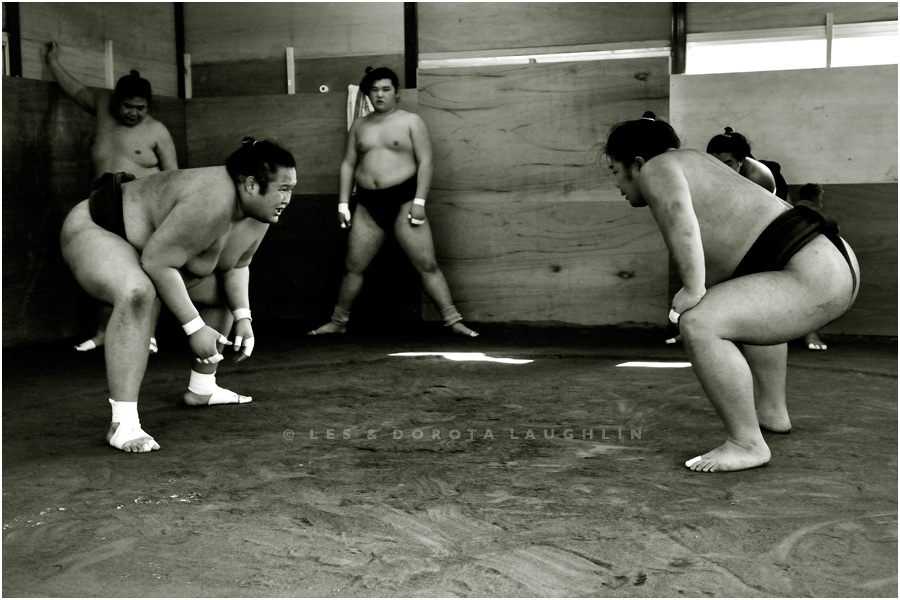
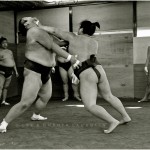
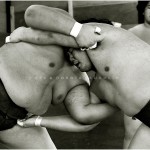
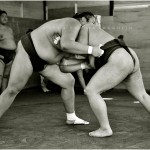
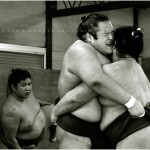
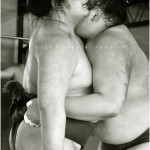
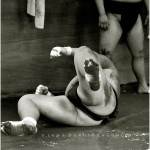
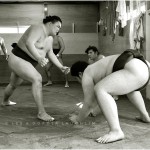
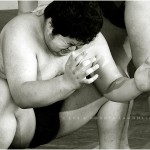
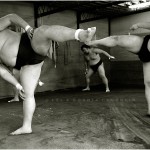
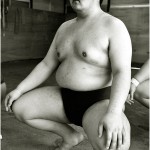
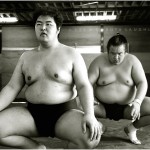
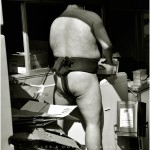

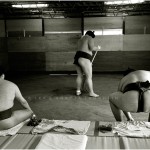
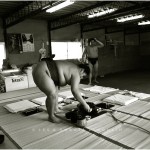
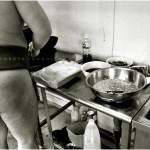
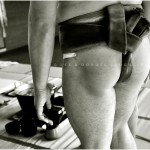
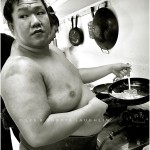
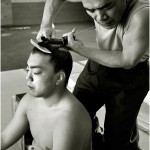
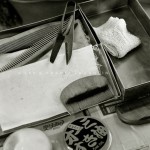
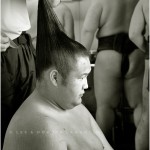
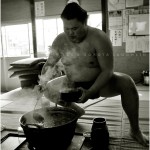
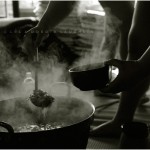
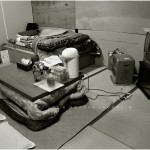
no comments